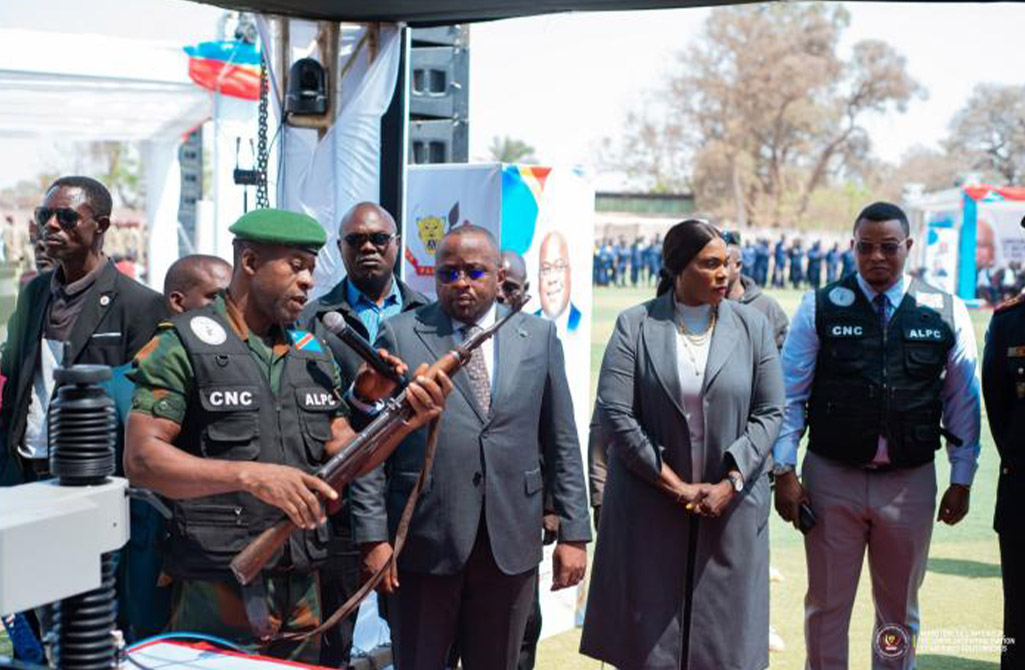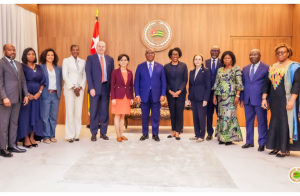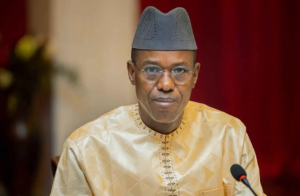DRC: Start of the operation to mark weapons held by law enforcement, defence and security forces

The launch of the arms marking operation for law enforcement, defense, and security forces in the Democratic Republic of Congo (DRC) is a pivotal initiative with far-reaching implications.
This move by the Congolese government underscores a strong commitment to enhancing national security and tackling the proliferation and misuse of firearms within its borders.
By implementing this marking operation, the government aims to establish a comprehensive tracking system for arms, which is crucial for monitoring their use by security forces and in high-risk areas such as mining sites.
Supervised by the National Commission for the Control of Small Arms and Light Weapons and the Reduction of Armed Violence, this effort represents a significant step toward curbing armed violence that has long plagued various regions of the DRC.
The arms marking process will create a national registry, an essential tool for identifying and monitoring weapons in circulation.
This registry will help uncover illegal arms trade routes and criminal networks fueling conflicts and crime.
Additionally, it will ensure more stringent management of firearms in line with international standards.
This initiative also reflects the Congolese authorities’ dedication to addressing the country’s security challenges.
The arms marking is not merely a technical measure but a sovereign act aimed at restoring state authority and ensuring citizen safety. It is a strategic response to the uncontrolled circulation of weapons that has exacerbated armed conflicts and criminal activities in several provinces.
Ultimately, the arms marking operation in the DRC represents a significant advancement in the fight against insecurity.
It marks the beginning of a process that will contribute to reducing crime and ensuring better control over firearms nationwide.
This initiative is deserving of support and encouragement, as it contributes to building a more stable, secure, and prosperous DRC.
Jean-Robert Tchandy











